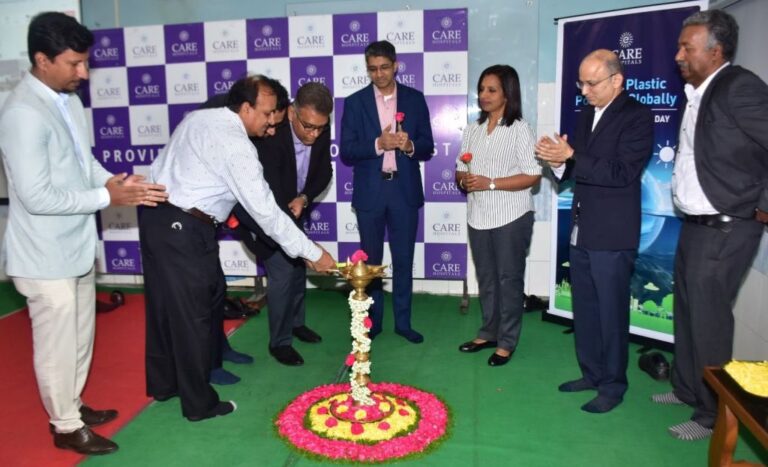
NGK INSULATORS, LTD. (hereinafter referred to as the “Company”) has acquired certification Science Based Targets initiative (SBTi) *1 under the Net-Zero Standard*2 for its greenhouse gas emissions reduction targets. The Company’s targets for achieving net zero CO2 emissions in 2050 were recognized as being scientifically valid.
In April 2021, the NGK Group established the NGK Group Environmental Vision, and is working to reduce its CO2 emissions (Scopes 1 and 2*3) with the aim of achieving net zero emissions by 2050 at the latest. Furthermore, the Group has set targets for its entire value chain (Scope 3*3) under the SBTi Net-Zero Standard, which have also been certified. For Scope 3, the Group is aiming for a reduction of at least 90% compared to fiscal 2022, its base year, by 2050. As a step to achieving this target, the Group aims to achieve a 25% reduction in Scope 3 emissions against the base year by 2030. These have been recognized as net-zero science-based target.
For Scopes 1 and 2, the Company has formulated a Carbon Neutrality Strategy Roadmap comprising four strategies, and it is working to reduce emissions by bolstering energy-saving activities, switching from fossil fuels to hydrogen and other fuels for ceramics firing, developing CO2 capture technologies, and expanding the use of renewable energy. For Scope 3, the Company is cooperating with its business partners to calculate their emissions volumes and promote activities for reducing them, thereby promoting reduction across the entire value chain.
*1. SBTi
An international initiative that works with companies to set greenhouse gas emissions reduction targets based on scientific evidence that meet the level required by the Paris Agreement toward the target of keeping the global increase in average temperatures due to climate change to within 1.5°C compared to pre-industrial levels. The SBTi was jointly established in 2015 by four organizations: the CDP, the UN Global Compact, the World Resources Institute (WRI), and the World Wildlife Fund (WWF).
*2. Net-Zero Standard
A standard for achieving the target set by the Paris Agreement of keeping the global increase in average temperatures to within 1.5°C compared to pre-industrial levels. The SBTi believes that in order to limit the rise in average global temperatures to 1.5°C, it is necessary to reduce 90% greenhouse gas emissions across the entire value chain by 90% or more by 2050, and for the remaining 10% to be removed from the atmosphere by carbon capture and other means, thereby achieving net zero emissions.
*3.
Scope 1: Direct emissions of greenhouse gases by the reporting company (generated from industrial processes or the burning of fuel)
Scope 2: Indirect emissions of greenhouse gases by the reporting company resulting from the use of electricity, steam, or heat purchased from other companies
Scope 3: All other indirect emissions of greenhouse gases (not included in Scope 1 or 2) that occur in the reporting company’s value chain




